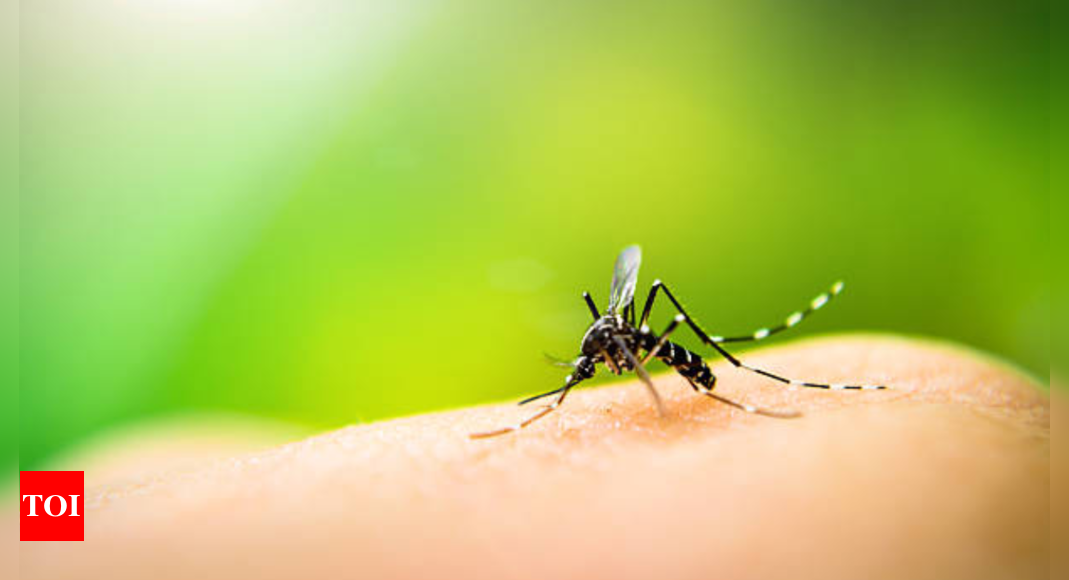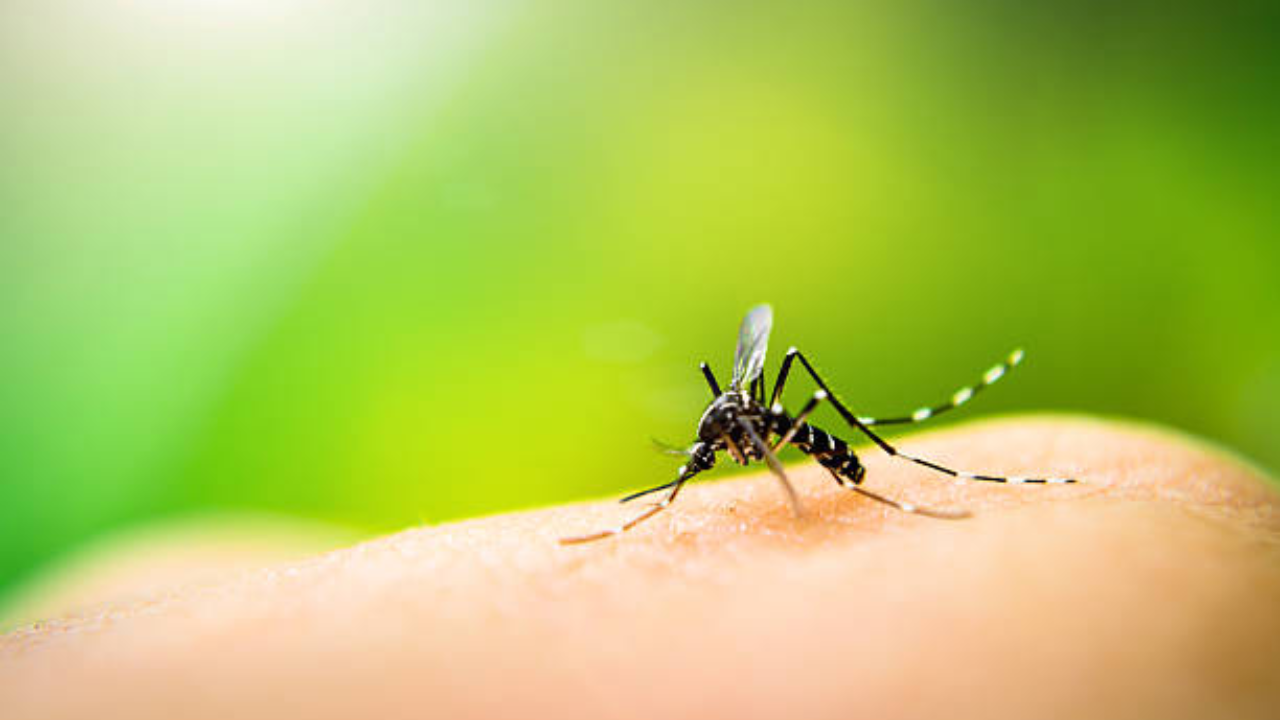Nagpur is currently battling with twin threats of dengue and chikungunya. As per report, in just eight days in August, Nagpur has reported a staggering 54 new chikungunya cases, with a test positivity rate exceeding 20%.Cases of these diseases are also increasing in other places in the country. In such a situation where the environment is favorable for both the diseases to spread faster, you have to be careful about the risk factors.
Both diseases, transmitted by mosquitoes, thrive in environments where they can breed and proliferate. While public health measures play a crucial role, there’s a lot you can do right at home to minimize risks.
Start with your surroundings
Mosquitoes breed in stagnant water, so check areas around your home where water might collect. Potted plants, especially those with saucers, are notorious for holding water. Even a small amount of water in these saucers can become a breeding ground. Regularly empty and clean these saucers to ensure there’s no standing water. It’s not just the plants—don’t forget to inspect other places like old tires, buckets, or unused containers where water can accumulate.
Gutters and drains are another crucial area
When leaves and debris clog gutters, water can pool and create a perfect breeding environment for mosquitoes. Regular maintenance of gutters and drains by removing debris and ensuring proper water flow can prevent such breeding sites. If you have got an outdoor water tank, make sure it’s covered tightly. Mosquitoes can lay eggs in even the smallest amount of stagnant water, so a secure cover is vital to keep them out.
Check for leaks, because there’s where the water gets accumulated
Inside the house, check for leaks or any areas where water might be collecting. A leaking pipe or a dripping faucet can create a damp environment that mosquitoes find appealing. Fixing leaks promptly will not only reduce potential mosquito breeding sites but also help maintain your home’s overall health. Inspect air conditioning units and any indoor water features for leaks or stagnant water.
Your home’s interior is equally important
Installing screens on windows and doors is an effective way to keep mosquitoes outside. Make sure these screens are in good repair, with no holes or tears that could let mosquitoes in. If you’re using air conditioning, keep the doors and windows closed to maintain a mosquito-free environment. Fans can also be helpful. Mosquitoes are weak flyers, so a fan can create enough airflow to keep them away from you, especially when you are sitting outside or near open windows.
Dengue: Early signs and preventive measures to stay safe
Consider using mosquito repellents inside your home as an additional measure. Natural repellents like citronella candles or essential oils can provide some level of protection. Mosquito coils can be effective, but be cautious about ventilation if using them indoors. Keep an eye on any signs of mosquito infestations, such as seeing mosquitoes inside the house or getting bitten frequently, and address the issue promptly.
Also remember that mosquitoes are attracted to certain factors like body heat and sweat. If you are engaging in activities that might make you sweat, especially in the evenings when mosquitoes are most active, try to minimize exposure by wearing long sleeves and pants or using repellent. This simple step can significantly reduce your risk of mosquito bites.
Source link
Modified by Maaaty at Cheap Generic Pharmacy


